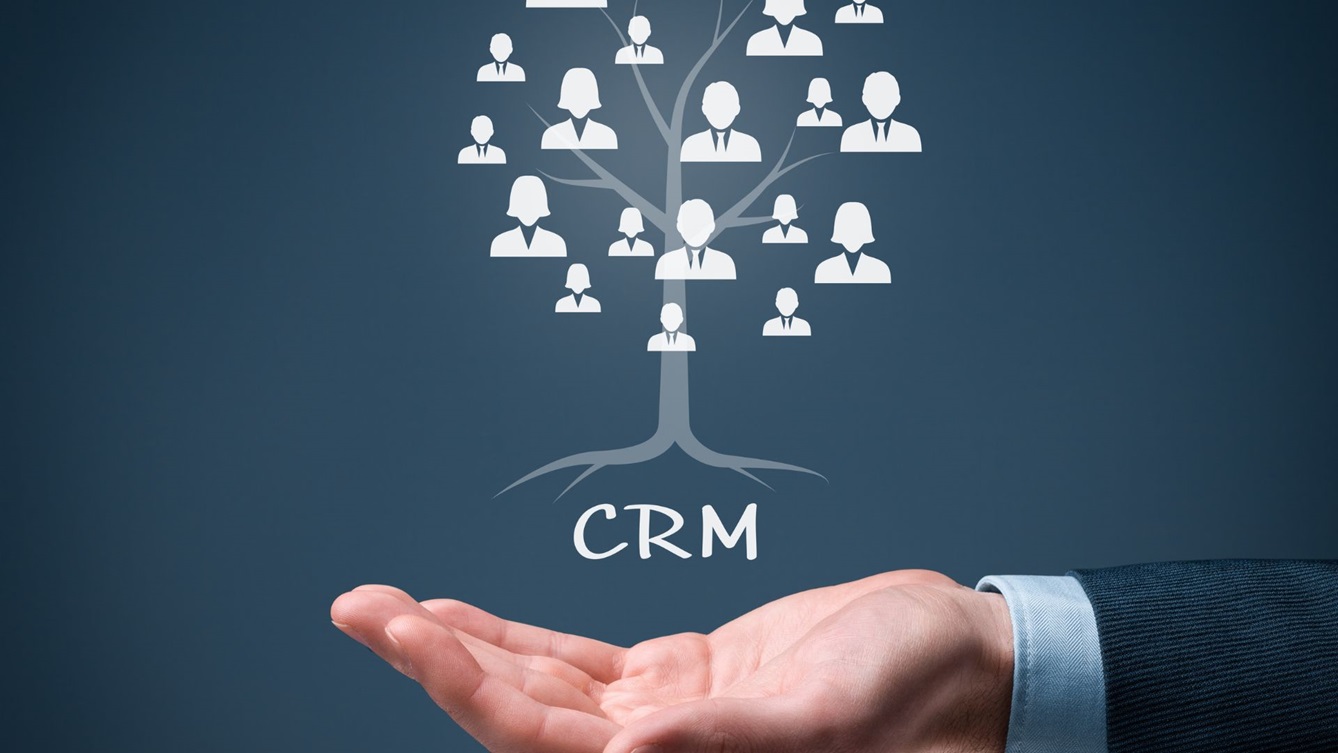
In the rapidly evolving and complex world of healthcare, optimizing workflows to improve efficiency is critical for healthcare organizations of all sizes. Effective healthcare workflow management helps provide better patient care, reduces administrative work, and minimizes costs. This article explores various strategies to enhance workflow efficiencies within healthcare organizations.
Identifying the Challenges
The first step in making healthcare workflows more efficient is identifying and acknowledging the challenges faced by healthcare organizations. These challenges often include:
- Inadequate communication among team members.
- Poorly designed systems or processes.
- Limited access to accurate and updated data.
- Resistance to change due to fear or lack of understanding.
- Insufficient resources or training for staff.
Once the issues affecting your organization’s workflows have been identified, it is easier to find appropriate solutions that can be customized to address your unique needs.
Best Practices for Reinventing Workflows
To improve healthcare workflows, consider implementing the following best practices:
1. Embrace Technological Advancements
Incorporating healthcare workflow management technology can significantly streamline organizational processes. Automation tools and software applications assist healthcare providers in reducing manual tasks, standardizing procedures, and enhancing communication among staff. By learning how to work smarter with healthcare workflow management technology, healthcare organizations can achieve significant efficiency improvements and cost savings.
2. Evaluate and Redesign Existing Processes
Periodically assessing the effectiveness of current processes is an essential step in identifying opportunities for improvement. Healthcare organizations should conduct thorough evaluations of their existing workflows and implement any necessary changes to improve efficiency. This could involve eliminating redundant tasks, reassigning workloads, or dividing large tasks into smaller, more manageable steps.
3. Train Staff Appropriately
A well-trained workforce is crucial for the success of any healthcare organization. All staff should be trained on the proper use of healthcare workflow management tools and systems to ensure they can efficiently perform their job duties. It is also essential to provide ongoing training to help employees adapt to new technologies and processes.
4. Foster a Culture of Collaboration
Efficient healthcare workflows rely on open communication and collaboration among team members. Create an environment wherein employees feel comfortable sharing ideas, expressing concerns, and providing feedback on workflow modifications. Bringing healthcare professionals together to collectively assess and optimize workflows can lead to more effective and innovative solutions.
5. Monitor and Adjust
After implementing workflow improvements, healthcare organizations must carefully monitor the results to ensure these changes are effective in enhancing efficiency. Regularly reviewing impacted workflows and making any necessary adjustments can help sustain ongoing improvements in workflow efficiency.
To Sum Up
Efficient workflows are the backbone of any successful healthcare organization. By carefully evaluating and optimizing current processes, embracing healthcare workflow management technology, fostering a collaborative environment, and regularly monitoring results, healthcare organizations can significantly enhance their overall efficiency. With streamlined workflows in place, healthcare providers can focus on what matters most: delivering exceptional patient care.

